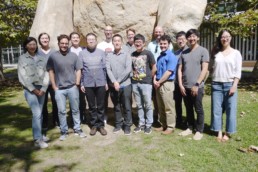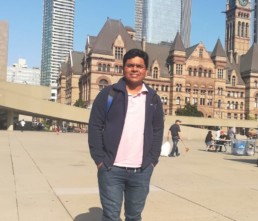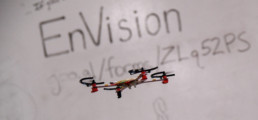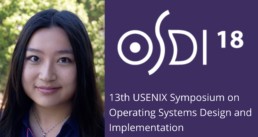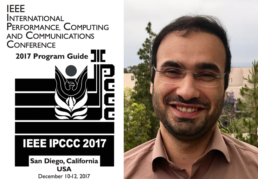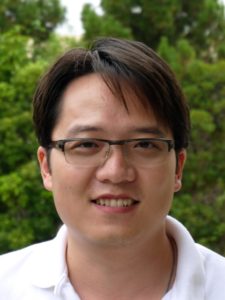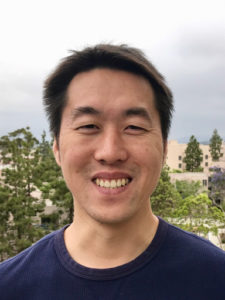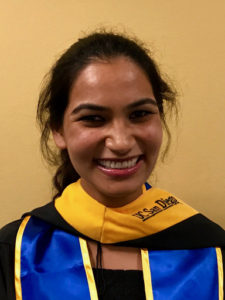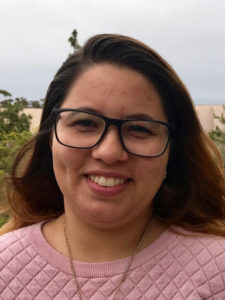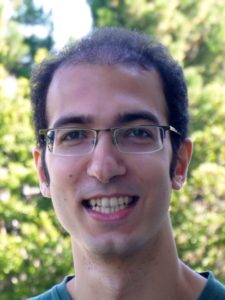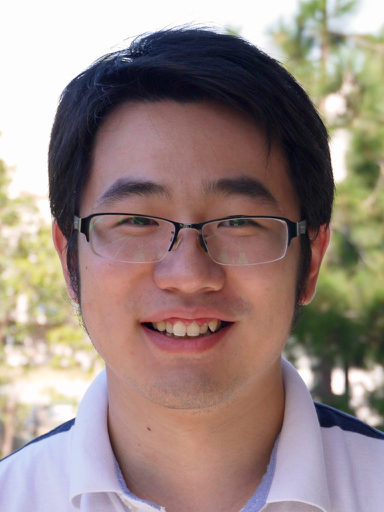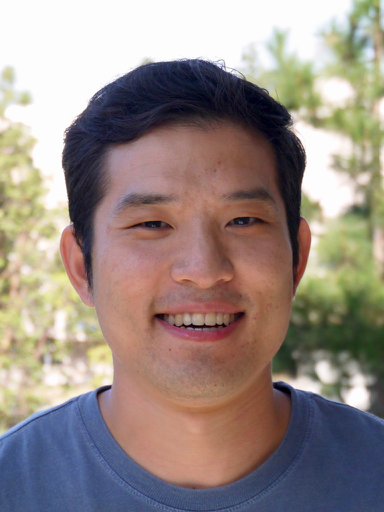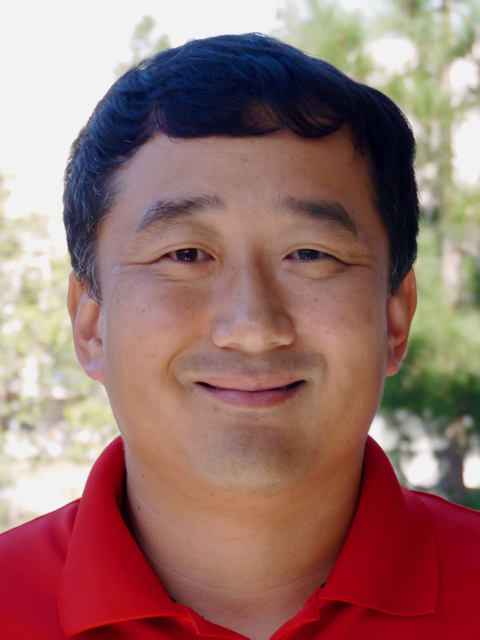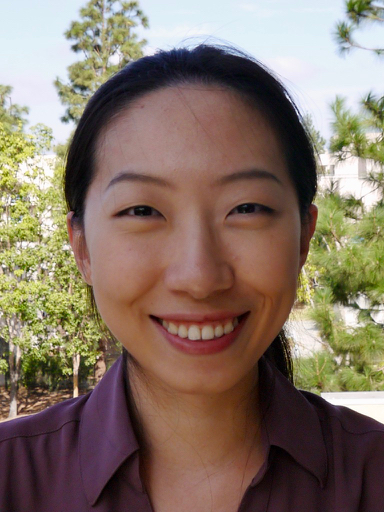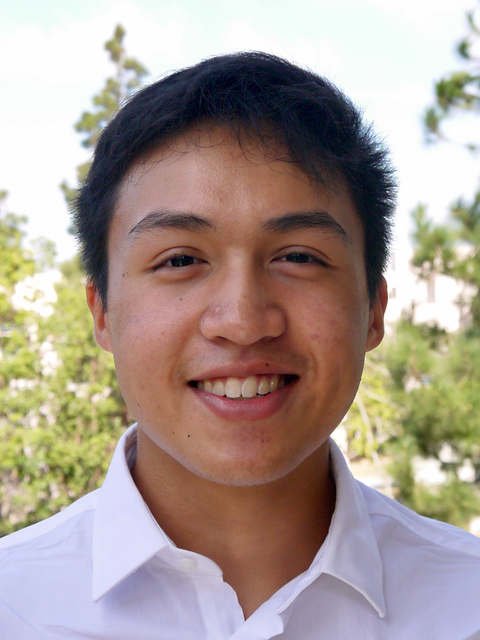News
New PhDs, New Students
Big changes this fall, and all of them good! In the last two weeks two new students have joined the group (Welcome TJ and Nara!) and two have finished their PhDs (Congrats Drs. Jian Yang and Lu Zhang!). We've also recently said a fond farewell to Joe Izraelevitz, a post-doc who's now a professor at CU Boulder. I look forward to great things from all them.
October 24, 2019
PIRL Blog Launches
Following the success of the inaugural Persistent in Real Life workshop (PIRL'19), we've launched a blog focused on how to build systems using persistent memory. Check it out.
September 26, 2019
Kunal Goes to PODC
Newly minted Ph.D. and NVSL alumnus Dr. Kunal Korgaonkar jetted to Toronto to present his work on scalable, distributed algorithms that provide a path to realize large persistent memory systems. The work was presented at ACM Symposium on Principles of Distributed Computing (PODC) ‘19 - a flagship distributed computing conference. After graduating last spring, Kunal has taken a position as a postdoctoral research fellow at Technion (Israel) where he is working on building real in-memory computing systems from the ground up.
August 6, 2019
My Quadcopter Class is Going to SIGGRAPH
I'm presenting my paper describing a class in which students build a quadcopter from scratch at SIGGRAPH next week in LA. If you want to build your own, the materials are all on github.
July 25, 2019
First PIRL Conference Wraps Up
The Non-Volatile Systems Lab (in conjunction with SNIA) hosted the first Persistent Programming In Real Life (PIRL) conference earlier this week. PIRL is a small meeting of software developers on the front lines of understanding how to use new persistent memory technologies.
We had stellar slate of speakers and keynotes from industry and academia. You can check out all the detail at the PIRL website.
July 25, 2019
NVSL Publishes First Characterization of Intel 3DXPoint DIMMs
This week we released the full version of our report detailing the performance of Intel's 3DXPoint DIMMs (technically "Intel DC Optane Memory Modules").
The key takeaway is that these DIMMs are not just 'slower, persistent DRAM'. They have their own idiosyncrasies that programmers will have to wrestle with.
March 13, 2019
Former NVSL Postdoc Wins Best Paper Award at OSDI’18
Dr. Yiying Zhang (who was a post-doc in the NVSL until not too long ago) won the best paper award at OSDI 2018 this year for her group's paper "LegoOS: A Disseminated, Distributed OS for Hardware Resource Disaggregation". Here's the abstract:
The monolithic server model where a server is the unit of deployment, operation, and failure is meeting its limits in the face of several recent hardware and application trends. To improve heterogeneity, elasticity, resource utilization, and failure handling in datacenters, we believe that datacenters should break monolithic servers into disaggregated, network-attached hardware components. Despite the promising benefits of hardware resource disaggregation, no existing OSes or software systems can properly manage it. We propose a new OS model called the split kernel to manage disaggregated systems. Splitkernel disseminates traditional OS functionalities into loosely-coupled monitors, each of which runs on and manages a hardware component. Using the splitkernel model, we built LegoOS, a new OS designed for hardware resource disaggregation. LegoOS appears to users as a set of distributed servers. Internally, LegoOS cleanly separates processor, memory, and storage devices both at the hardware level and the OS level. We implemented LegoOS from scratch and evaluated it by emulating hardware components using commodity servers. Our evaluation results show that LegoOS’s performance is comparable to monolithic Linux servers, while largely improving resource packing and failure rate over monolithic clusters.
October 8, 2018
Morteza Wins Best Paper Award
Morteza Hoseinzadeh's work at Samsung over the summer won the Best Paper Award at IPCCC 2017. The work focuses on optimizing the performance of NVMe storage systems in the cloud. Morteza's collaborators include Professor Ningfang Mi and PhD students, Zhengyu Yang and Janki Bhimani from Northeastern University. Well done, Morteza!
December 14, 2017
Andiry Presents NOVA-Fortis at SOSP in Shanghai
Andiry described building the world's first fault-tolerant non-volatile main memory file system at SOSP'17 in Shanghai. The resulting file system -- NOVA-fortis -- provides a mechanism to take consistent snapshots to facilitate backups and protects both metadata and file data from media and software errors. Here's the full paper.
While he was on the continent, Andiry is also presenting NOVA at Tsinghua University, Wuhan university, and Huazhong University of Science and Technology.
Well done, NOVA hackers!
October 23, 2017
Welcomes New Students and Visitors!
The start of the school year brings new faces to the NVSL. Juno Kim has just arrived from Yale as a new PhD student. Shengan Zheng and Jeff Kim are visiting for a year from Shanghai Jiao Tong University and Samsung, respectively. Finally, Ada Qu, Eric Perez, and Qingchen Dang have joined us as part of the ERSP program.
September 29, 2017
